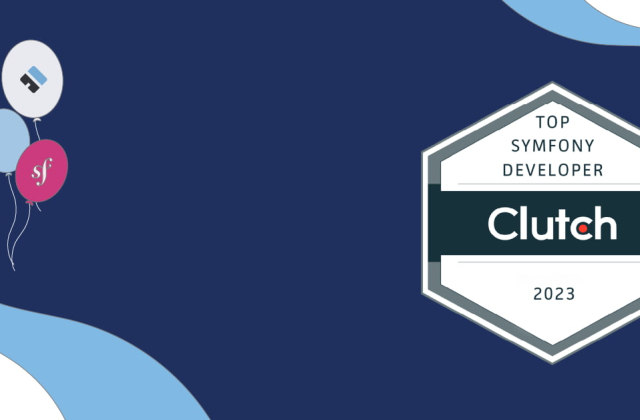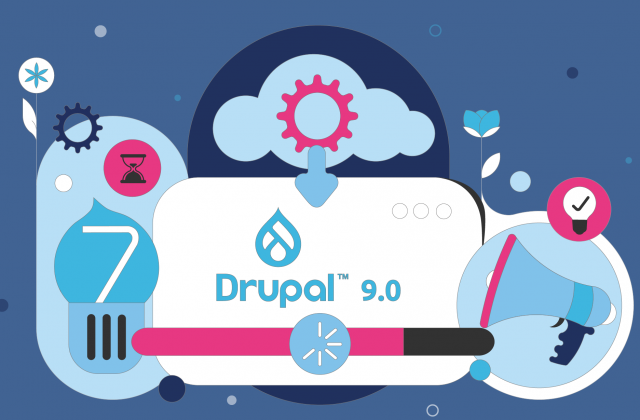This week brings bad news indeed for one of Facebook’s most high profile third-party developed applications; the popular Scrabulous app. Designed by two Indian brothers, Rajat and Jayant Agarwalla in 2006, Scrabulous has now become Facebook’s ninth most popular application, with 2.3 million total users, 500,000 of whom play daily. Its addictive and simple version of the popular board game Scrabble offers users the chance to compete with friends and colleagues, and earns the brothers approximately $25,000 per month from advertising revenue.
However this success has not gone unnoticed by the toy-making giants Hasbro and Mattel, who both own rights to the Scrabble game format and now, rather predictably, are keen to capitalise on the financial potential of Scrabulous. A deal between the involved parties has not yet been agreed, though options for a resolution range from a licensing agreement, right through to a legal push for the shutting down of Scrabulous (after which presumably the toy companies would launch their own version, most likely based on the Scrabulous code). One imagines this latter option to be highly profitable, and therefore attractive to Hasbro and Mattel, in that it would allow the companies to launch products with minimal development costs (the Agarwallas have done most of the programming work already) and with a guaranteed market potential – proved by Scrabulous’s rapid success.
Whatever the final decision, one thing is for certain; as the mini-industry in Facebook apps develops, the huge financial incentives for both developers and companies seem certain to cause more than a few more lawsuits in the future. It can only be a matter of time before many modern brands and companies, including those previously unassociated with the online market, realise the massive crossover potential of their product in the Facebook app industry and attempt to access it. Imagine for example the considerable financial rewards awaiting brands such as Premier League football clubs, or globally successful music artists (who possess a huge, largely Facebook-active following), if they were to successfully develop official applications connected to their brands.
In addition, as Facebook has announced the imminent removal of the 1000 recipient-limit for group messages, there seems to be a definite change towards enabling interaction and communication on greater scale (the current limit on friends is 5,000 – though many high profile figures who use Facebook in order to connect with their fanbase/readers/customers etc are pushing for this cap to be removed). This move towards easy and efficient mass communication is sure be accompanied by a heightened interest from global brands looking to establish themselves also as Facebook entities, now that the Platform will allow such mass-scale activity.
We shall have to wait to see if the Scrabulous dispute will turn out to be a stepping stone towards the ultimate corporatisation of Facebook, or simply a factor in the slight re-definition of developers’ approaches to the challenge and potential of Facebook Platform. Whatever happens, the Facebook app industry and marketplace is still in its infancy, despite already having witnessed a huge degree of change and success since its launch in May 2007, and developments such as this one will inevitably play their part in re-defining the rules and practices of this online environment.
Dejan Levi



